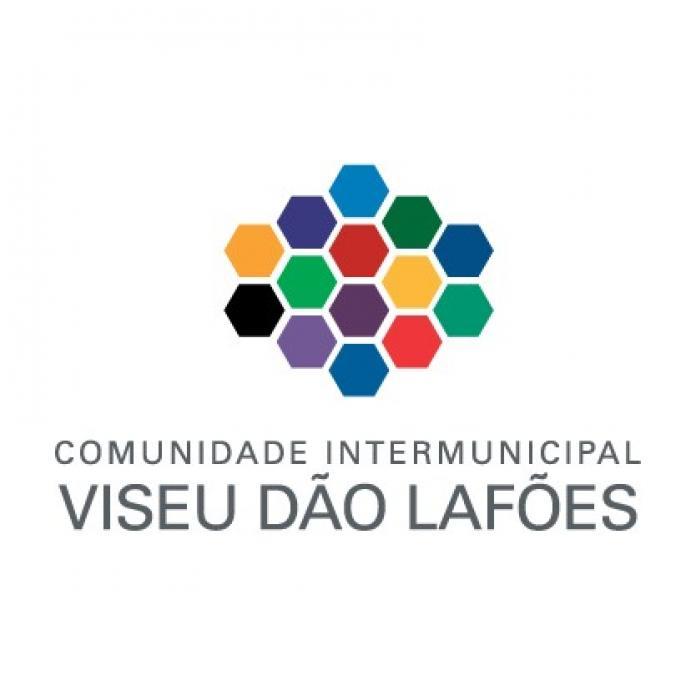Comunidade Intermunicipal Viseu Dão Lafões
Updated on 12.09.2024
The Matchmaking Circular Materials, Products and Waste (McM) project helps businesses across sectors find high-value reuse options for materials and (waste) products, which is enabled by a cross-sector B2B platform and smart contracts. The matchmaking is supported by resources (materials, products, and waste) passports that restore information on the materials’ properties, such as composition, deconstruction, quality, and toxicity.

More information
Other features enable the tracking and tracing of material flows exchanged and the evaluation of the financial, environmental, and social impacts of circular matches. Companies and organisations that use the platform can reduce or eliminate their material disposal costs and generate extra revenue from exchanged materials, whilst reaching their sustainability targets.
The project stimulates industrial symbioses, helping local and regional companies to overcome the barriers of material exchange. McM also helps to transform current coincidental and relatively small-scale circular economy (CE) practices into a highly scalable, structural exchange of materials across industries.
GDP or GDP Category (at NUTS 3 level) Eurostat, same as cohesion policy 2019: Less developed region
Urban rural predominance: Predominantly rural
Leading organisation
Comunidade Intermunicipal Viseu Dão Lafões (PT)
Intermunicipal Community Viseu Dão Lafões (EN)
Unit/department/section
This information will be filled in at a later stage
Main partners/stakeholders
Municipalities:
- Aguiar da Beira
- Carregal do Sal
- Castro Daire, Mangualde
- Nelas, Oliveira de Frades
- Penalva do Castelo, Santa Comba Dão
- São Pedro do Sul, Sátão
- Tondela, Vila Nova de Paiva
- Viseu
- Vouzela
Link to existing circular economy action plan
The Circular Economy Action Plan (CEAP) is still under development. It addresses the improvement and implementation of the EU Directive 2018/851 at regional and local levels as to prevent waste generation.
The CEAP will be focused on developing and exchanging good practices on efficient solutions that the measures state in Article 9 of the Directive:
- Promotion and support sustainable production and consumption models.
- Encouragement of the design, manufacturing and use of products that are resource efficient, durable (including in terms of life span and absence of planned obsolescence), reparable, re-usable and upgradable.
- Target products that contain critical raw materials to prevent those materials from becoming waste.
- Encourage both the reuse of products and the establishment of systems that promote repair and reuse activities. This particularity includes electrical and electronic equipment, textiles and furniture, as well as packaging and construction materials and products.
The main goal of this CEAP is to foster the inclusion and/or the effectiveness of waste prevention projects, actions, or activities taken at the local and regional level in the framework of waste management policy instruments.
Objectives
This information will be filled in at a later stage
Other activities
The intermunicipal community Viseu Dão Lafões has developed and participated in a set of initiatives in the context of CE, with an emphasis on:
- The development of a public procurement procedure for the acquisition of services for the supply and distribution of school meals that are, locally prepared, and transported while hot, in line with circularity and waste recycling criteria.
- The implementation of a Framework Agreement for the provision of document scanning and archiving services. This kind of procurement procedure allows pre-qualified suppliers to the provision of goods and/or services to the Public Administration. The Agreement establishes the conditions and requirements they must meet, in terms of the maximum prices or minimum discounts set, the minimum level of the quality of service given, any circular requirements, and the need for a good quality service.
Link to Circular Systemic Solution
This information will be filled in at a later stage
Circular economy good practices
This information will be filled in at a later stage
Participation in other relevant initiatives
This information will be filled in at a later stage
Key publications, policies, legislations and initiatives
- Green Public Procurement and circular economy - Refeição Bio chega a mais de 2.600 alunos de Viseu Dão Lafões - CIM Viseu Dão Lafões (cimvdl.pt)
Support from CSO
This information will be filled in at a later stage



